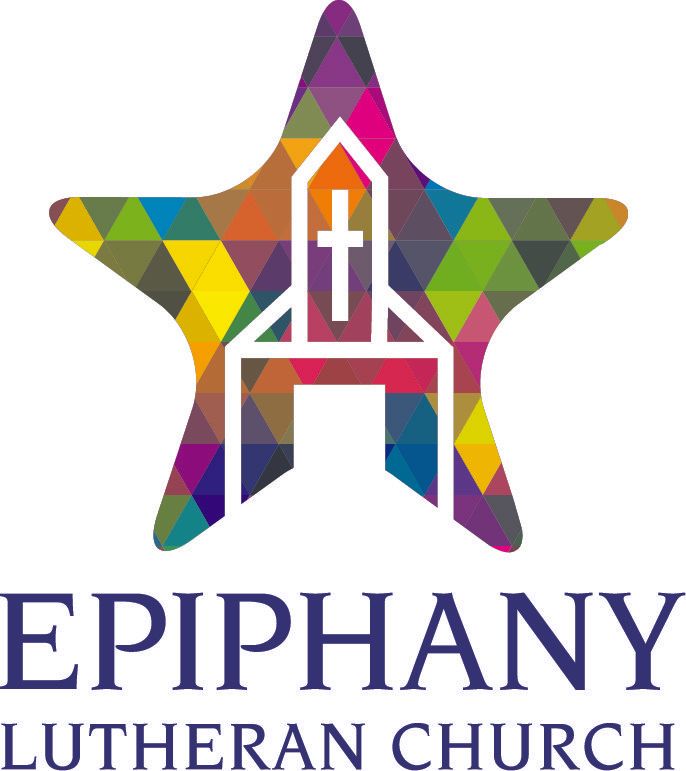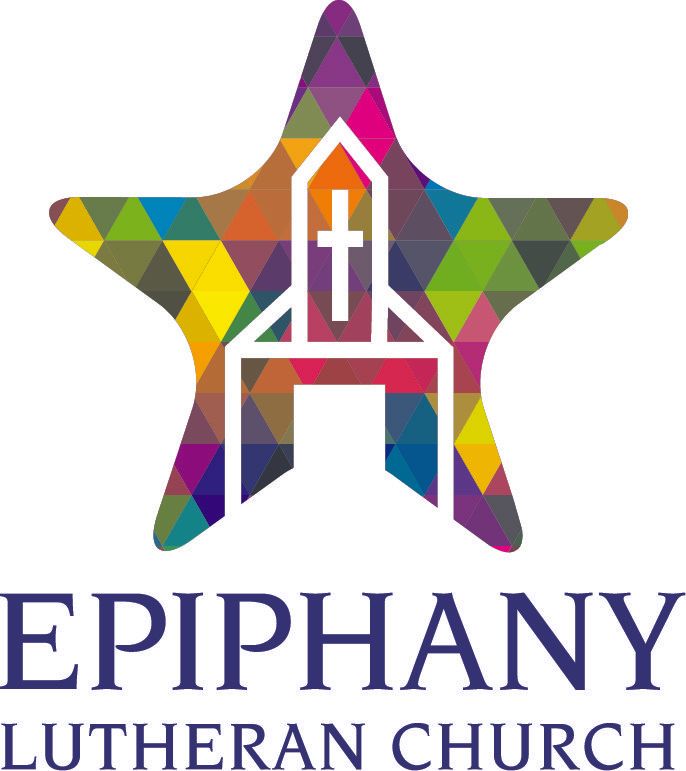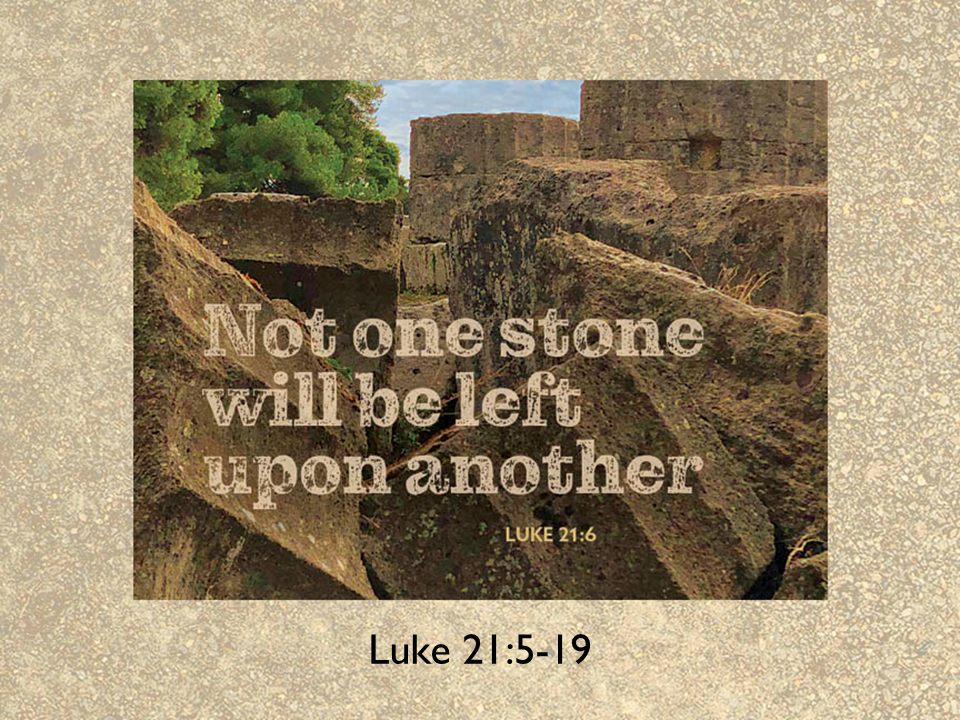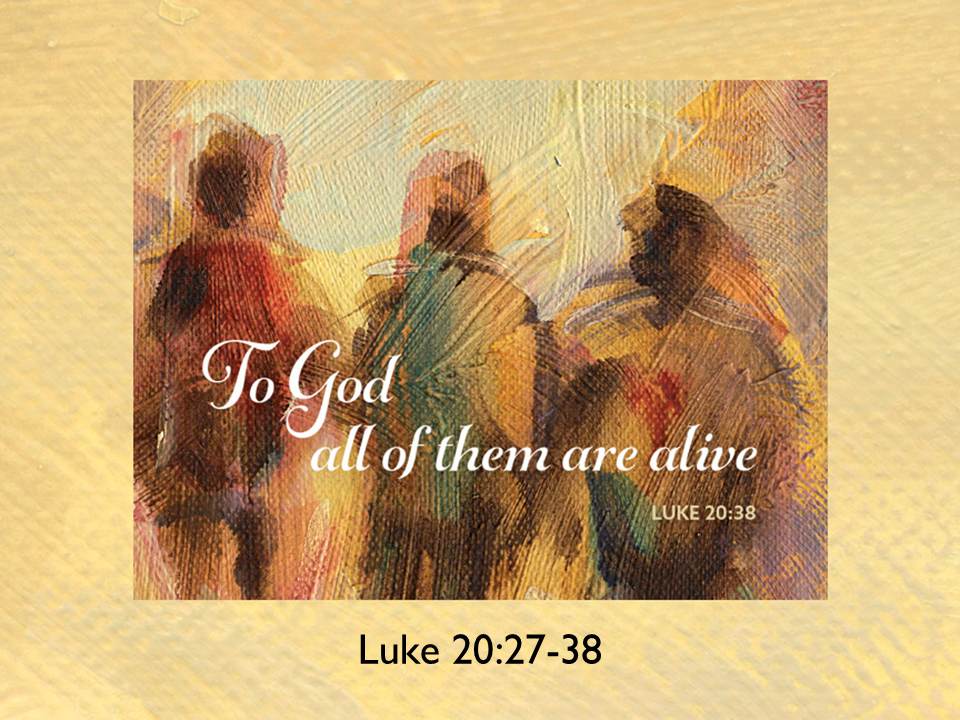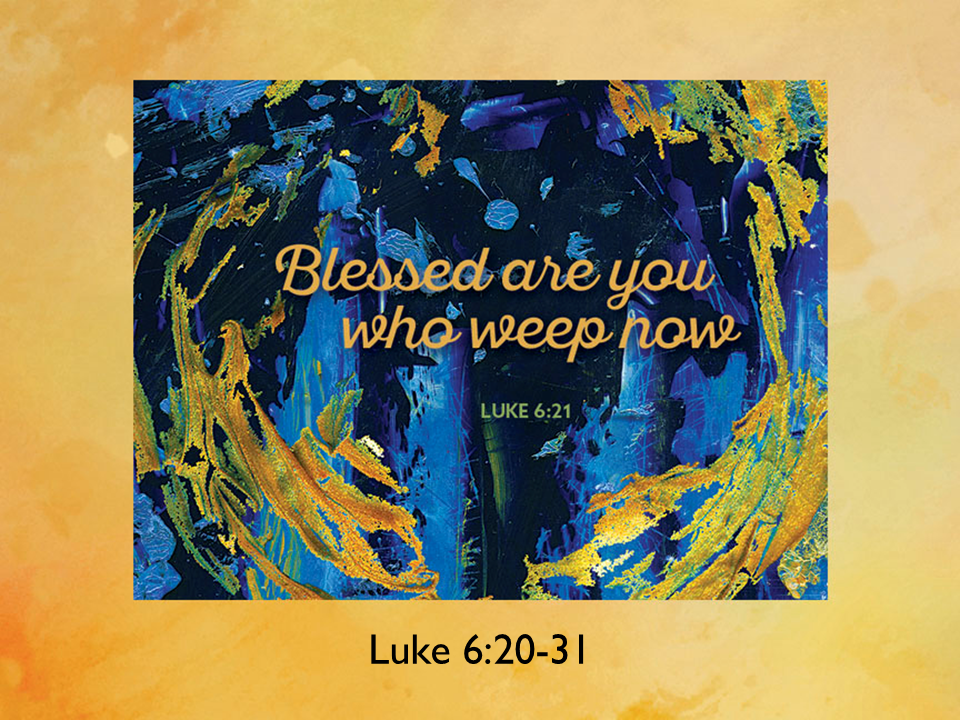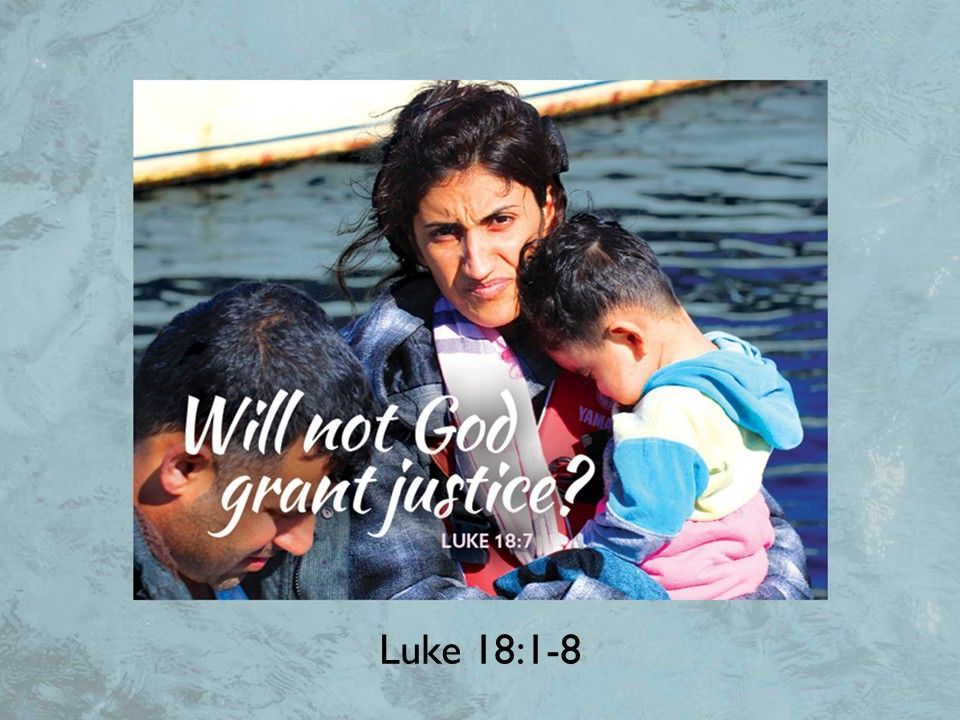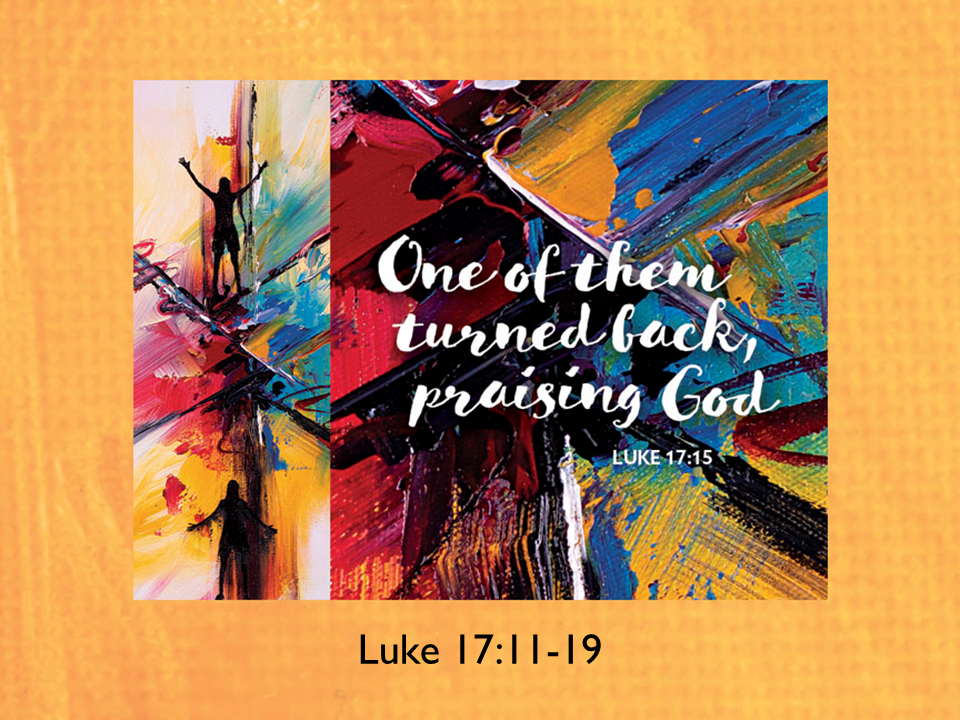02.16.2025 - Epiphany 6 - Kris Perkola
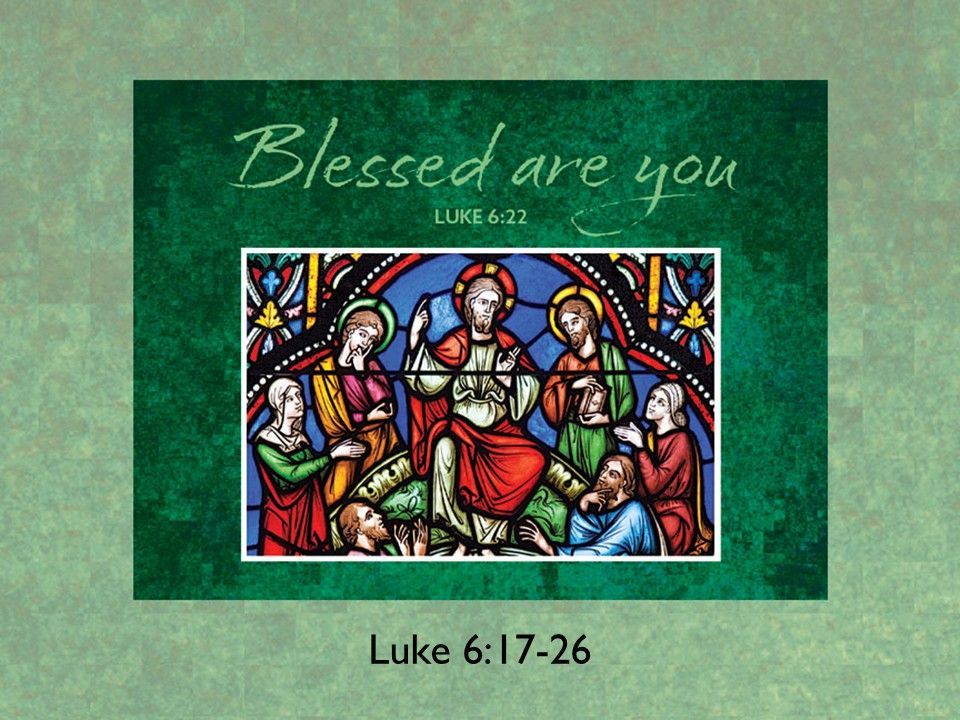
In this passage, Jesus gives his “Sermon on the Plain” where he proclaims blessings on the poor and marginalized, as well as woes on the rich and the powerful. First though, Jesus comes down from a high place where he was praying and where he had finalized the selection of his twelve disciples. After coming down the mountain, he heals and casts out unclean spirits. Only after this does he turn to his disciples to begin teaching them with the crowd as an audience.
Jesus begins his sermon with a proclamation of blessings. This is similar to the Beatitudes of Matthew's gospel, but it’s shorter and more focused. Here, Jesus specifically mentions poor in money, rather than “in spirit” as Matthew’s gospel says. Which did Jesus actually say? In Aramaic and Hebrew, saying someone is poor leaves the interpretation vague. If you heard someone say this, you might ask, “poor in what?” Jesus might have left it open ended, so he means both those who are economically poor and those who are spiritually poor.
Jesus also specifically mentions those who are “excluded”. Nowadays, we would say people are “marginalized”. This would be anyone society excluded from polite society, like the poor, the sick, or those with professions considered unclean. Even though this saying is specifically about people who are marginalized on account of their faith, Jesus almost certainly is concerned with those marginalized for any unfair reason.
After the blessings, Jesus proclaims woes on certain people who are currently “living it up”. What probably sticks out the most here is Jesus proclaiming woe on those who laugh. What’s wrong with laughing? Well, the specific word Jesus uses for laughing here is usually for cruel laughter at someone else’s expense. Laughing at other’s misfortune, especially undeserved misfortune, really seems to upset Jesus.
What’s the context of this passage for Luke’s audience? Luke’s congregation are likely affluent professionals who are not marginalized and doing well. They would have heard this as a warning not to bask in their success as affirmation of their superiority over the less fortunate, but rather as an opportunity to offer genuine, material help to those in need. 2,000 years later, we share many things in common with Luke’s community. We are fairly well-off and not really facing persecution. We also are called to help others and to be a blessing to the less fortunate.

